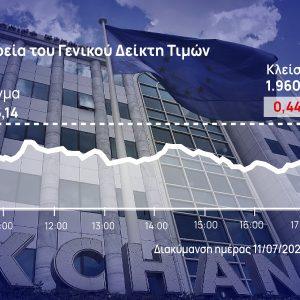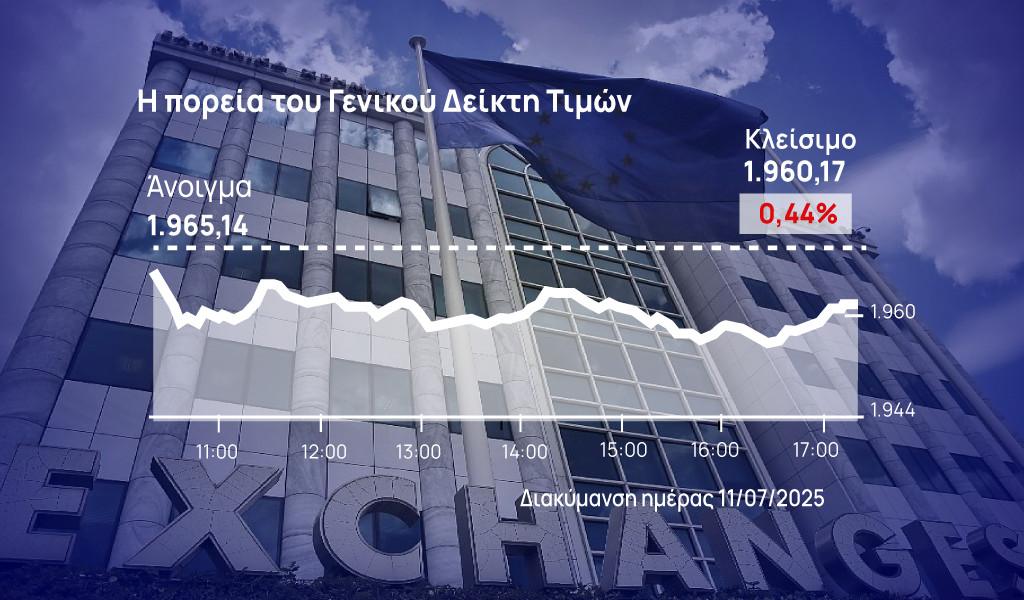Debt and growth are once again at the heart of politics. This is because the exit of the pandemic puts on the table the return to normalcy of the economy, especially when the country has set as a goal to get out of enhanced supervision and to receive positive evaluations with a view to the “investment grade“.
In this context, the most basic milestones include the 13th report of the Institutions, which will be announced next Wednesday and will lay the groundwork for developments in critical areas until Easter, such as support measures and fiscal policy.
As for the goal of exiting enhanced supervision the timetable is revealing and if Greece leaves enhanced supervision in August there is still one evaluation and an installment of 1.3 billion Euros. It is noted that Enhanced Supervision is always renewed for six months and was renewed until the 21st of August. If the timetable remains the same, then the last Report of enhanced supervision is the 14th Report of June.
How much debt can be reduced per year and why
The Governor of the Bank of Greece, Giannis Stournaras, spoke to FAZ about the course of the Greek economy and the budget. He stressed, among other things, that Greece is currently also sending messages of recovery. The government plans to repay the latest loans it received from the IMF as part of the debt crisis of the last decade as early as next month. This is 1.9 billion euros, which should actually be paid in 2024, as part of the 28 billion euros provided by the IMF between 2010 and 2014. At the same time, it plans to repay, during the first quarter of the year, 5.3 billion euros to European countries, in some cases before the maturity date of the loans.
He also stressed that Greece is still the most indebted country in the EU, with public debt over 200% of GDP in the third quarter of 2021. However, he emphasized that the public debt was refinanced on very favorable terms as the average interest rate is only 1.4 % – significantly lower than in many other countries.
According to the Governor of the Bank of Greece, on average, bilateral and multilateral loans have a repayment period of 20.5 years from today, some of which expire in 2070. “These terms are among the largest for borrowers. He believes that public debt could be reduced in the near future by 3.5 percentage points per year – and this calculation does not even include the planned return on primary surpluses, as well as privatization proceeds. “No Eurozone country will reduce its debt to a greater degree than Greece,” Stournaras said. Fitch analysts expect debt to fall to 155% of GDP by 2031.
Evaluation and branding in the markets
As for the February 23 landmark – when the creditors’ findings will be made public, the information shows that it will be positive, with references to the progress of reforms in several areas, such as health, justice, etc. But the interest is focused in the part that will contain the comments on the government support measures, and consequently on the budget front.
Although this finding is not linked to the disbursement of a tranche, the style and content of the report is very important as it will give a “signal” to investors and markets about the credibility of the policy pursued, at a critical juncture for bond markets. and performance disruption. The evaluation will then be on the Eurogroup table on 25 February. The financial staff and the Greek debt management agency are also looking for the right conditions in order to make the next exit to the markets, in the context of the annual planning for drawing 12 billion euros from markets.
Forecasts and thorns
In general, the result will have a positive sign, although the by-now-classic asterisks will be mentioned – mainly in terms of the relatively lower speeds on the front of the repayment of overdue debts of the State to individuals. This issue is going to play a leading role in the next evaluation after the commitments of Greece which state that within the first half of the year the numbers of outstanding pensions and debts of the State will be limited.
Lenders are expected to shed light on the exit schedule from the enhanced supervision regime, and the outcome will show what the Institutions’ goals are and mainly what will the revision for the course of inflation be. In its winter forecast, the Commission revised its 2022 inflation forecast to 3.1% from 1%. It is noted that on March 4 the revelations for the amount of GDP in 2021 will take place. ELSTAT will announce the final data and the information shows that the rate will be much higher than the budget forecast at 8.5% (Winter Forecasts Commission) from for 6.9%. This gives the government air for fiscal policy and new interventions.









































![ΕΛΣΤΑΤ: Αύξηση 0,8% στη δύναμη του ελληνικού εμπορικού στόλου τον Μάιο [γράφημα]](https://www.ot.gr/wp-content/uploads/2025/07/stolos.jpg)

